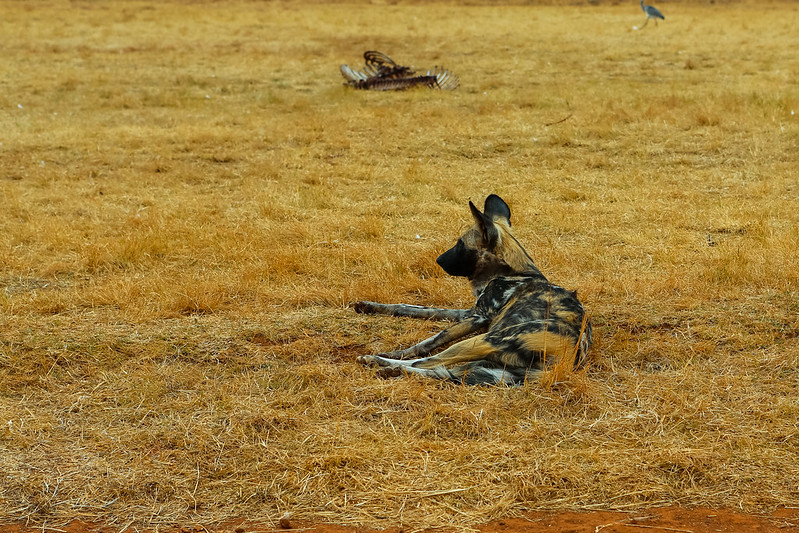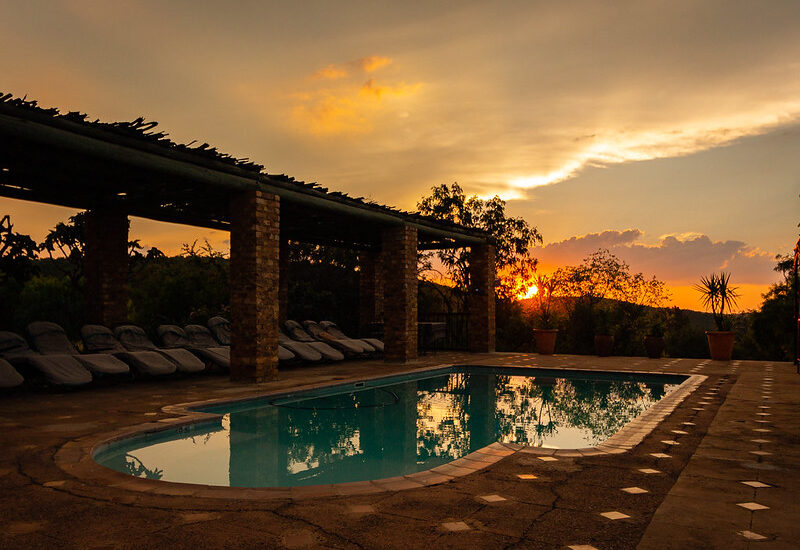Best Safari Parks & Game Reserves Near Johannesburg It's not far to get into the…
10 Things You Must Pack for Your Safari
10 Things You Must Pack for Your Safari
You had been anticipating your safari for months. You now need to choose what you need to bring on your safari. Choices, choices, choices. Monumental Expeditions and Safaris can assist you. Here are some of our recommendations.
1. E-tickets, travel insurance documents, itinerary, and passport
Although it should go without saying, we would be negligent if we did not rank this as the most important item to bring on your safari.
2. Prescription medications
Keep in mind to pack your prescription drugs in your carry-on luggage in case your checked bag gets lost—it happens!Make ensure that you have enough of each kind to last the duration of your trip.
3. Prescription eyewear (hat, sunglasses, sunscreen, etc.)
Make careful to have extra pairs of prescription glasses in case you misplace or break one. Be ready because you will spend a lot of time outside. Bring lip balm, long sleeves, a hat, and sunscreen.
4. Binoculars, video, and a camera
Not everyone believes they need to bring binoculars, but the majority will remember to bring their camera and/or video (or use their cell phone)! For the best wildlife watching experience on safari, binoculars are a must, and a high-quality pair will significantly improve your trip. When going on safari, we highly recommend using binoculars. Get the most costly magnification you can afford, preferably 10x or at least 8x.
A photographer’s paradise is Africa. In addition to the endless variety of species, the continent is endowed with breathtaking scenery, vibrant people, and amazing light! Don’t pass this up. If you don’t already have a camera, get one.
5. Toiletries & Clothing
You won’t forget clothing, of course! However, are you dressing appropriately?Additionally, do you meet the weight requirements for those light aircraft trips that your travel agency informed you about? The majority of foreign airlines limit the amount of luggage you can check in to 20 to 30 kg (55 pounds). However, this can imply as low as 12 to 15 kilograms (possibly including your hand bags!) if your safari schedule includes any light aircraft trips.
Do not panic! Keep in mind that the majority of safari camps and lodges offer same-day laundry services. This implies that you won’t require a change of clothes for every safari day! The one exception will be movable tented safaris, where providing a laundry service is frequently challenging because of their nomadic nature. For the length of the safari section, you could also be able to leave your bag with the charter company or the person who will be meeting you. Consult your travel agency whenever in doubt.
Comfortable but casual
When going on safari, casual, comfy attire is appropriate all year round. Even while you might decide to start a whole new safari “wardrobe,” you don’t have to look like an extra on the Out of Africa set! Aside from dressing in rather muted or “non-bright” hues, safari attire is typically comfortable and functional. Wearing comfortable clothing is important, especially when it comes to your hiking or walking footwear. Consider the more recent quick-drying materials, breathable shirts, and pants that can be turned into shorts.
![]()
The Key Is Layering
The most sensible strategy to deal with changing day/night temps and chilly evenings while on safari is to dress in layers. You can remove another layer as the day becomes warmer. You can then put them back on as the temperature starts to drop around dusk. The following are “must-haves” to bring on your safari:
A) Long sleeves and collars on a T-shirt, shirt, or blouse assist shield the wearer from the sun and insects B) A warm jacket or fleece
C) A pair of safari pants, preferably with the knees zip-off, are also quite practical D) Socks and comfy walking shoes (or boots)
E) Hat
F) A cotton scarf or bandanna and a sarong (kanga, pareo, or kikoi) G) Perhaps a pair of open sports sandals for everyday wear during the warmer months H) A swimsuit, as many resorts and camps have pools.
I) A sophisticated yet laid-back evening attire for the most exclusive hotels
J) If you anticipate rain (during gorilla and chimp trekking), a lightweight, portable raincoat; K) And, of course, your underwear
Ten essential items for your safari
White and/or bright colors are impractical since they tend to stick out; they are most definitely not advised on a walking safari. Instead, muted and/or neutral colors are better suited for safari. Although the more recent synthetic safari clothing styles are incredibly comfortable and quick to dry, cotton attire is still advised.
Examine the weather.
Find out what the weather will be like where you are going by asking your travel agent or checking online. It’s possible you won’t need any significant cold weather gear at all, which will greatly reduce the amount of luggage you can bring. On the other hand, gloves, a scarf, a heavy jacket, and a beanie can be necessary if you are traveling somewhere in the winter when the temperature drops significantly after the sun sets. Early mornings and late evenings during the winter months (June through August) are frigid in places like Hwange, Okavango, Linyanti, and even Kruger. Additionally, you will experience a considerable wind chill when riding in an open game-drive car, which exacerbates this.
6. A laptop, tablet, music player, or phone
Your phone, audio player, tablet, or laptop, along with the chargers and plugs for each device that are appropriate to your nation, are essential items to bring on your safari.
7. Preventive Medicines
This is simply a fancy way of saying “meds”—things you need in case the worst happens, such eye drops, insect repellent, diarrhea, headaches, heartburn, indigestion, bites (antihistamine), sore throat (lozenges), and most importantly, anti-malarial tablets.
8. Chances and Ends
A good flashlight is essential. In the middle of the night, it can be completely dark in your tent or in the bush. A little torch that runs on batteries is enough, but a rechargeable torch is preferable. Another excellent choice are the new LED miner lights that go on your head, freeing up your hands. It’s also worthwhile to think about a smaller (pencil) torch for emergencies or star map viewing. Although most campgrounds will provide you a torch or escort you back to your tent if necessary, it’s always a good idea to remain independent.
An excellent book. When traveling, it never hurts to have a good book. You never know when you might experience airport delays or succumb to Africa time! We suggest keeping a notebook or travel diary. On safari, you will see and experience so much in such a short amount of time that writing it down is the only way to have a solid record of it. Although it does call for self-control, it will be a priceless document of your safari experience.
9. Carrying Hand Bags
First of all, try to limit your hand luggage to just one item; if nothing else, having multiple items makes traveling more difficult. Indeed, a purse counts as a second item! That one item must, of course, be in a size that the airlines allow for carry-on baggage.
If you’re a photographer, you’ll need to make sure your camera bag has enough room for your prescription drugs, glasses, binoculars, travel documents, and even an extra set of clothes. Remember that there are still limitations on what can and cannot be brought on airplanes, including sharp objects, drinks, and flammables. Please review and pay attention to the regulations as they are subject to frequent changes.
10. Lastly, remember to have patience, common sense, and a sense of humor!
Wearing anything that could be interpreted as “camouflage” is not advised. Any type of brown/green “combat” coloring is what we mean by this. Even if it’s only a cap, even if it’s the newest fashion trend, and even if your 14-year-old is wearing it.
Such clothing may cause you to be questioned or harassed by the police, since many African authorities have an excessive fear of it. Don’t do anything since it might cause you grief. When going on safari, avoid bringing any pricey personal jewelry. Be simple or just bring pieces you wear every day, such as your wedding band and cheap earrings.
In order to secure your luggage, if it does not have a locking mechanism of its own, we strongly advise using one or more combination locks to secure zips together. Unfortunately, there are instances of luggage manipulation in airports. While some airports offer shrink-wrapping services, luggage straps that encircle your suitcase may also serve as a deterrent.


